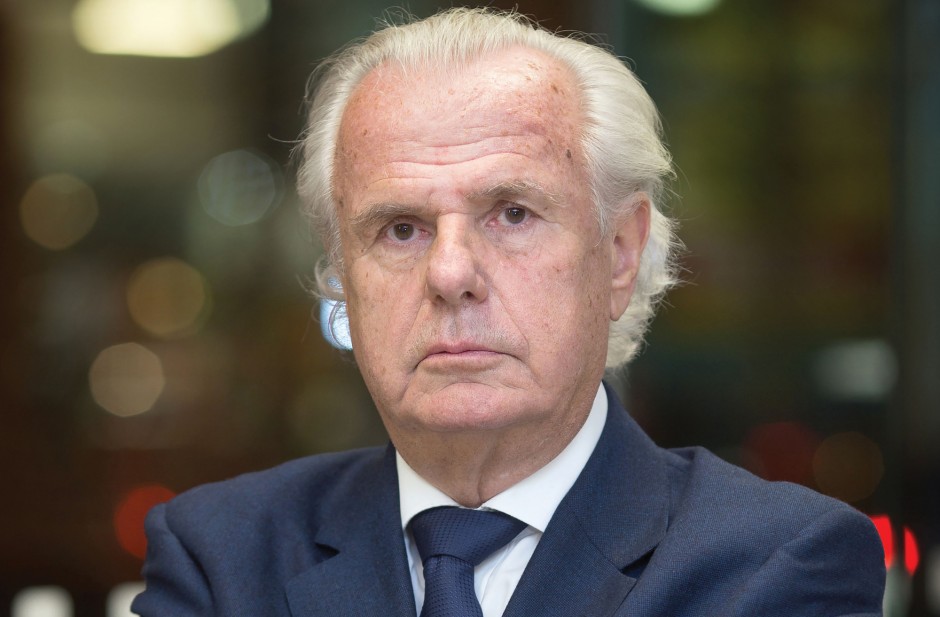Lord Myners, who has died aged 73, had a long career in politics and business that included a controversial spell at the Co-op Group in the aftermath of its financial crisis.
In the wake of the near-collapse of the Co-op Bank, which threatened the future its then-owner the Co-op Group, Myners was appointed to the Group board in December 2013 as a senior independent director.
He was tasked with leading a comprehensive, independent review of the Group’s governance, which was published the following May. But the peer had already quit the board a month earlier after his proposals met fierce opposition.
Paul Myners’ short spell at the Group followed a career which took him from education and journalism to the City of London and later into government. The adopted son of a Cornwall family, he graduated from the University of London with a degree in education and worked as a teacher from 1971-72, before switching career, working for the Daily Telegraph as a finance journalist. A second career change, in 1974, saw him join NM Rothschild and Sons as a junior portfolio manager. He rose to the Rothschild board in 1977 and a long business career followed, including a spell as interim chair at Marks and Spencer (2004-2006), helping see off a hostile takeover by Philip Green’s Arcadia Group.
In 2008 he was made Financial Services Secretary to the Treasury in the Gordon Brown government, where he played a leading role in the UK bailout after the global crash, and was given his peerage.
After the defeat of the Brown government, Myners returned to his business career, including his role at the Group – a post he accepted for a fee of £1.
Described at the time by Ian Snaith in a piece for Co-op News as “a carefully thought-out but blunt piece of work that faces up to a lot of realities to improve the existing system”, Myners’ report was highly critical of governance failings at the Group and proposed a new, smaller board structure including non exective directors, and a National Membership Council to help steer the organisation.

Discussing his report at the time, he said: “The co-operative ownership model can – and often does – deliver powerful economic advantages. But its superiority over other forms of ownership is not inevitable and guaranteed. For a consumer co-operative, such as the Group, its advantages have to be earned, day by day, through delivering outstanding service and value for money to customers who, especially in food retailing, have plenty of choice where to spend their money.
“The reforms I have set out are fully compatible with the core values and principles of co-operative ownership. I have no interest in advocating the adoption of a PLC model, as some of my critics have claimed. But I do want to see a governance structure that works; the present one has lamentably failed.”
His report was highly controversial and he quit as director with news reports suggesting he was unhappy with “bullying” tactics by some opponents; he was in turn criticised for making critical briefings to the press about the state of the Group’s then-board.
Many, however, credit his work – which strongly informed the Group’s eventual restructure – with helping to save the Group from collapse and demutualisation.
On news of his death, the Group’s CEO Steve Murrells, paying tribute, said: “Lord Myners played a crucial role in the rebuild of the Co-op back in 2014 conducting a full review of our governance and helping the Group to get back on track.”